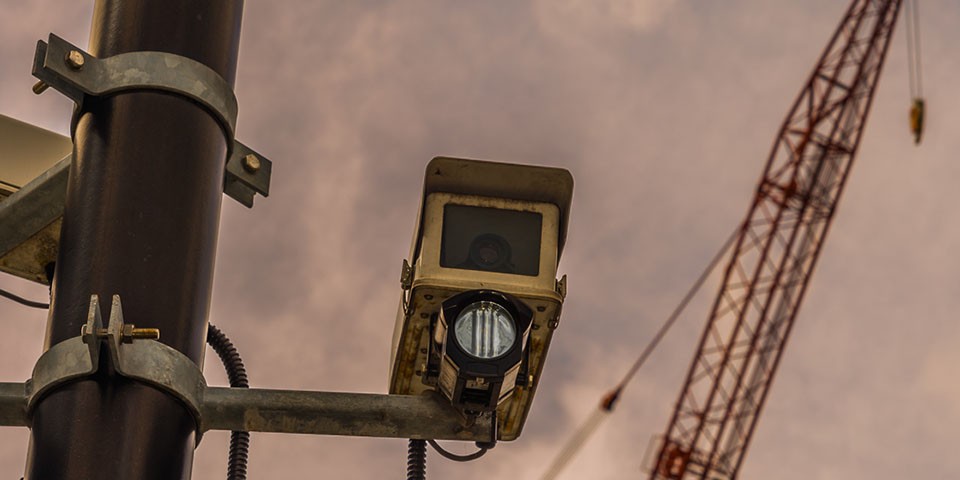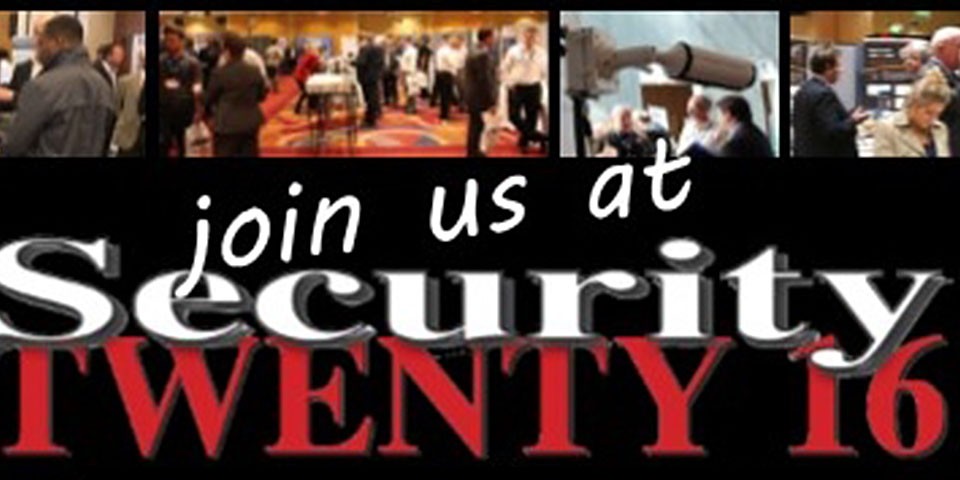Interview with DCI Mick Neville: How effective is CCTV?
 icomply asked DCI Mick Neville, Head of Central Forensic Image Unit at New Scotland Yard, for his expert opinion on the effectiveness of CCTV as evidence for police.
icomply asked DCI Mick Neville, Head of Central Forensic Image Unit at New Scotland Yard, for his expert opinion on the effectiveness of CCTV as evidence for police.
Do the police inform control rooms of results of evidence captured?
“As we standardise our procedures across London, we recognise that informing CCTV control rooms of results is vital to continue in partnership. We can now track CCTV cases via our crime reporting system, so it is now far easier to give results. We also want all VIIDOs (our specialist image / CCTV units) to run CCTV Partnership meetings with key CCTV providers (e.g. CCTV control rooms, bus CCTV managers, shopping centre CCTV operators etc) and results can be exchanged there. Control rooms could assist by always requesting the crime number of a case where they have supplied CCTV – it is then far easier to track the result. We publicise good results as much as possible to show that we, the Met, are using CCTV effectively.”
Who produces the DVD/CD copies of evidence?
“We convert all footage to DVD movie format, whilst retaining the original format. The DVD is the easiest to play in interview with suspect, for CPS and at court. The original format is rarely used after conversion to DVD, but it is available, if required, by the court.”
In your opinion, should the police offer compensation for control room costs of producing DVD/CD copies of evidence?
“The council CCTV control rooms were paid for out of the Home Office crime prevention budget. They are also used to generate funding for the council by fining motorists for parking / driving offences. I do not believe that the police should pay for footage of crime, when control rooms were set up for this purpose.”
Is national CCTV effective in capturing criminal incidents?
“CCTV is a great help. For example, the Met Police have arrested & prosecuted over 3000 suspects for offences committed during the riots of 2011. Over 2000 of these cases are based solely on CCTV viewing to find the suspect, identify him and produce evidence of the offence. Over a year after the riots, we are still charging offenders using the CCTV. Each week the Met Circulation Unit receives and circulates 400+ images of offenders “caught on camera” and this number grows…”
Does national CCTV act as a strong deterrent for crime?
“It does, as long as the CCTV is used to successfully detect crime. Criminals are not frightened of signs saying “CCTV in the area” – they become frightened of CCTV when they, or there close associates, have been arrested and put in a cell as a result of CCTV. It must be an end to end forensic system as with fingerprints and DNA use.”
Is more government funding the key to improving national CCTV?
“Funding is useful – BUT working in a systematic end to end, forensic manner is most important. It is no good capturing excellent footage of crime without the back up of police producing identifiable images of offenders, having comprehensive methods of circulating so that the suspect is recognised in accordance with the law, then ensuring that this evidence is used and tracked through arrest, charge and court use.
CCTV led cases are a third of the cost of fingerprint and DNA cases – hence in this time of reduced funding, they provide a cost effective method of catching criminals. The Met Police leads the world in the use of CCTV and forensic images to catch criminals caught on camera!”
We’d like to thank DCI Mick Neville for his time in this blog post. If you’re a CCTV expert and you’d like to contribute to this debate, either leave a comment below or get in touch to schedule an interview.



